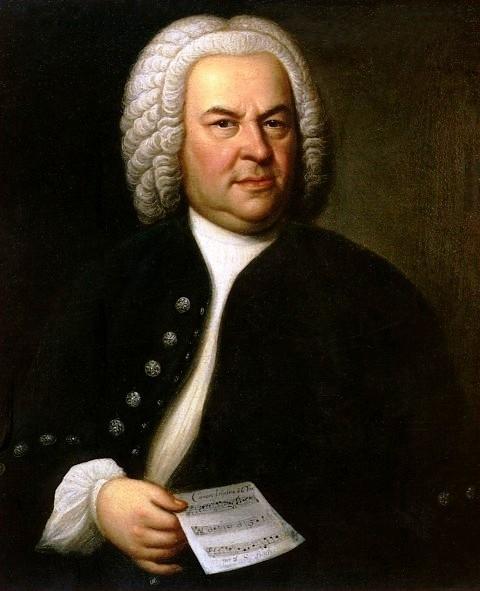Mercury returns to its roots with a dramatic “St. Matthew Passion”

Mercury performed Bach’s “St. Matthew Passion” Saturday night in Houston.
Since beginning as a Baroque ensemble, Mercury–Houston’s period-instrument orchestra–has branched out to Beethoven, Brahms and beyond. Next season will include Debussy and Ravel.
But the group returned to its roots Saturday with Bach’s St. Matthew Passion. In Rice University’s Stude Concert Hall, conductor Antoine Plante led a performance of this Baroque religious epic that was above all dramatic–sometimes ferociously so.
The orchestra tore into the climactic chorus of Part 1, invoking thunder, lightning and the fires of hell, and the Houston Symphony Chorus Chamber Ensemble joined in with equal vigor. Even when the music was relatively quiet–as in the staccato chords accompanying “Mein Jesus schweigt,” the tenor recitative invoking Jesus’ suffering in silence–the orchestra gave the music a stark power.
Nicholas Phan, as the Evangelist, did at least as much to set the performance’s tone. Some tenors focus on moving the narration quickly, while heightening the color and expression of occasional key phrases. But Phan’s Evangelist reacted passionately to the events at the same time as he recounted them.
When the narration began describing the saga’s schemes and betrayals, Phan’s voice took on a bite that gave the Evangelist the aura of an appalled, indignant onlooker. The more brutal became, the more fiercely Phan lashed out. Yet he also brought a quiet intimacy to his singing; after Peter denied Jesus for the third time, Phan described his remorse in a disembodied pianissimo.
While less overtly dramatic, as befits the role, Mark Diamond’s Jesus was more forcefully sung than most baritones make him. While Diamond’s singing was resonant and decisive, but intonation sometimes fell by the wayside. During the brief passage in which Jesus celebrates communion, Diamond made the phrases emphatic rather than graceful.
At times one wanted greater tonal warmth from the other soloists; in a score that contains so much lyricism, and so often invokes the heart and soul, that sacrificed some of the music’s eloquence. Still, the four singers all had qualities to offer.
Mary Wilson’s soprano contained silvery tinges that lent her arias an air of purity. She spun out the melody of “Aus Liebe will mein Heiland Sterben,” in smooth, long-breathed lines, though the oboe chords in the orchestra sometimes threatened to weigh the music down.
Mezzo-soprano Meg Bragle’s light tones couldn’t encompass the heavy-heartedness of her arias’ most penitent sections. But she sang with a poise that gave the music dignity, and her fluency suited the passages that reached for consolation.
Tenor Derek Chester had the lightest voice of all. Its very slenderness paid off in that aforementioned recitative, “Mein Jesus Schweigt,” by making the music sound all the more stark. But in other places, Chester’s voice betrayed the effort of trying to be more forceful.
Bass Michael Sumuel was the only one of the four whose voice commanded real weight. That let him give particular impact to “Gebt mir meinen Jesum wieder,” a plea for Jesus’s return. Sumuel didn’t quite have the smoothness for the work’s final aria–the magical “Mache dich, mein Herze, rein,” which is almost a lullaby. But he at least brought the aria dignity, and the orchestra supplied the lilt.
The Houston Symphony Chorus Chamber Ensemble was split into two platoons of about 20 singers each, and both groups could have used more heft in their tenor and bass sections. But they sang with spirit as they represented the merciless crowds. And in the hymns woven throughout the score, they brought the music a flow, mellowness and poignancy that helped make up for the warmth that the aria soloists lacked.
The orchestra filled in some of that warmth, too, and its deftness helped the work’s introspective moments create their aura. A handful of strings adroitly created the halo of sound around Jesus’ statements.
In the St. Matthew Passion, everyone onstage helps tell the story. Among the instrumental solos woven into arias, the nimble turns by violinist Oleg Sulyga and oboist John Abberger stood out.